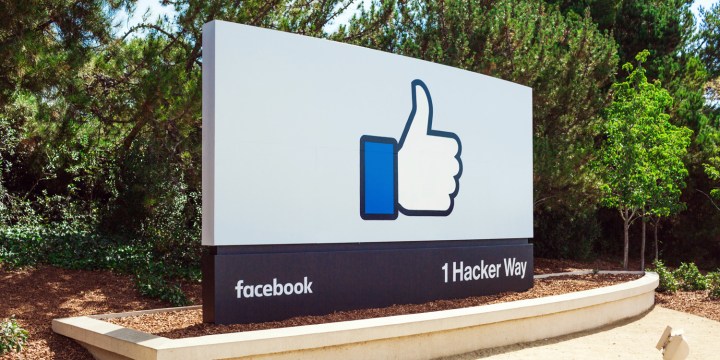
The issue hit the headlines at the start of last week after Gizmodo reported accusations from a former employee that the company suppressed conservative news and views.
The social networking giant said that data analysis carried out as part of its inquiry showed that “conservative and liberal topics are approved as trending topics at virtually identical rates.”
However, it admitted in a statement that its investigation “could not fully exclude the possibility of isolated improper actions or unintentional bias in the implementation of our guidelines or policies.”
With that in mind, Facebook said it would “minimize risk where human judgment is involved” by carrying out refresher training for all reviewers and implementing “additional controls and oversight” around the review team.
It also said it’ll stop using various systems to create Trending Topics, among them its so-called “1K list,” a collection of 1,000 websites it’d been using to identify the relevance of a story; its top-10 list of news outlets for deciding an item’s newsworthiness; and RSS feeds used to supplement the algorithm that generates the Trending Topics section.
The conclusion of Facebook’s investigation follows a meeting last week where CEO Mark Zuckerberg discussed the accusations of news bias with prominent conservative commentators. Glenn Beck, for one, seemed satisfied that
The controversy also caught the attention of Senator John Thune, chair of the Senate Commerce Committee, who voiced concern over the allegations. However, following a recent meeting with a Facebook executive, Thune seemed broadly satisfied with the company’s actions.
In a statement published Monday, Thune said Facebook had been “forthcoming about how it determines trending topics, and steps it will take to minimize the risk of bias from individual human judgment,” adding, “The seriousness with which
But he noted that following the meeting, it was clear in his view that Facebook’s system for Trending Topics “relied on human judgment, and not just an automated process, more than previously acknowledged.”
Still, Facebook will be hoping its swift response to the accusations, and willingness to discuss the issue with connected parties in an apparently open manner, will finally cause the story to drop off news sites, including, of course, its own.


